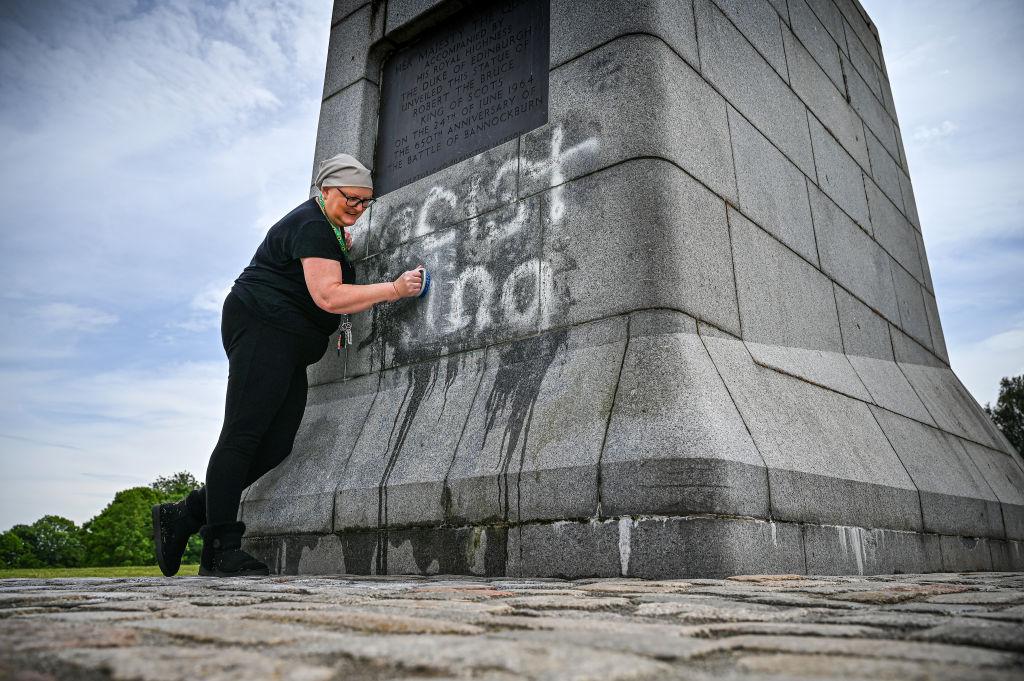Commentary
George Orwell is incorrectly hailed as a novelist. While he is indeed a brilliant writer, his metier would be more aptly described as a modern-day Nostradamus or seer.

Commentary
George Orwell is incorrectly hailed as a novelist. While he is indeed a brilliant writer, his metier would be more aptly described as a modern-day Nostradamus or seer.